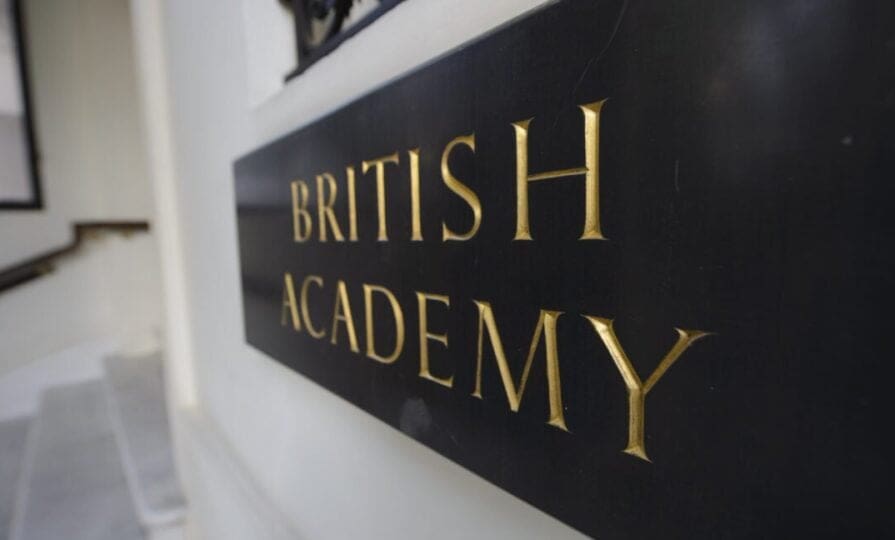British Academy warns of ‘cold spots’ in university SHAPE courses
Modern foreign languages have been hit hardest, with the number of courses nearly halved since 2011

Register to get 1 more free article
Reveal the article below by registering for our email newsletter.
Want unlimited access? View Plans
Already have an account? Sign in
Large areas of the UK risk becoming “cold spots” for humanities, social sciences and arts (SHAPE) subjects as universities cut courses under financial pressure, according to a report from the British Academy.
The study, Cold spots: Mapping inequality in SHAPE provision in UK higher education, found that thousands of students do not have access to many SHAPE degrees in their region. The trend is particularly acute in parts of the North, South West and East of England, as well as large areas of Wales, Scotland and Northern Ireland.
Modern foreign languages have been hit hardest, with the number of courses nearly halved since 2011. Linguistics, anthropology and classics have seen similar declines, while subjects such as English, history and drama could follow if current patterns continue.
The report highlights that 56% of undergraduates studied close to home in 2023/24, with disadvantaged students more likely to stay local than their peers. The disappearance of courses in entire regions, it warns, risks worsening inequalities in opportunity.
The Academy has called on the government and regulators to monitor subject availability through an “at-risk” regional register, provide funding for vulnerable subjects, and clarify the scope for collaboration between universities. It also urged institutions across each UK nation and region to explore joint approaches to teaching and research.
Professor Margot Finn, vice president for research and higher education policy at the British Academy, said: “What is taught at our universities is dictated by short-term financial concerns and competition for students – at the expense of safeguarding subjects for future generations. After more than ten years of a market experiment in higher education, growing subject ‘cold spots’ are a symptom of universities in financial distress.”
Hetan Shah, chief executive of the British Academy, added: “The threats to social sciences and humanities are symptoms of wider problems. Financial pressures in higher education have led to cuts, contractions and closures, and our subjects are acting as bellwether for all. If we continue down this road, the consequences are clear: less choice and opportunity for students and the loss of critical knowledge, insight and ideas.”
The government is expected to publish its post-16 education plans in the coming weeks.


